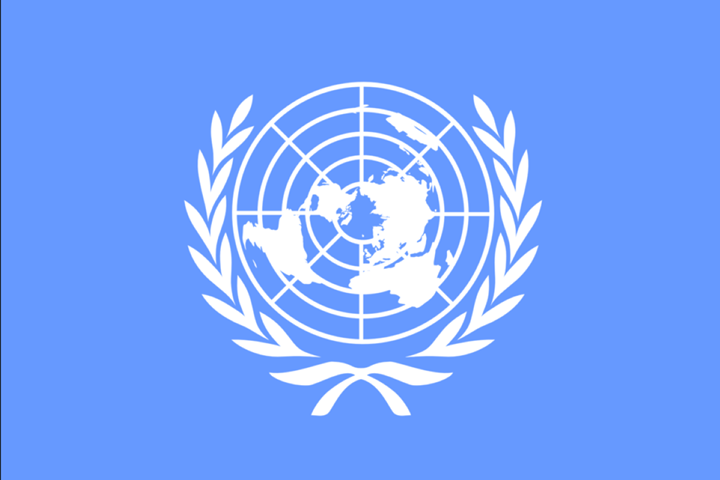UN Intergovernmental Negotiating Committee Holds Third Round of Plastics Treaty Negotiations
Over 1,900 delegates met in Nairobi to discuss treaty provisions aimed at the reduction of plastic pollution.
The third session of the UN’s Intergovernmental Negotiating Committee to develop an international legally binding instrument on plastic pollution, including in the marine environment (INC-3), was held Nov. 13-19 in Nairobi, Kenya.
More than 1,900 delegates participated in INC-3, representing 161 Members, including the European Union and more than 318 observer organizations — UN entities, intergovernmental organizations and nongovernmental organizations.
Members discussed the zero draft treaty prepared by the committee’s chair after the previous meeting in Paris (INC--2), went through a compilation of text to include the views of all members, prepared a merged text, and agreed on a starting point for negotiations at the fourth session (INC-4).
In-session submissions from member states reveal widely varying perspectives on how the treaty should address primary plastic production. For example, the Russian Federation says that primary polymers “must not be discussed by the INC process and shall not be part of the future instrument.” A submission from Norway reads: “The price of primary plastics does not reflect the costs put on society due to the adverse effects of plastic pollution on human health and the environment,” and calls for a global target to reduce production to sustainable levels.

More than 1,900 delegates participated in INC-3 negotiations in Nairobi. Photo Credit: Public Domain
The INC also elected two vice-chairs to the Bureau and a new chair of the committee, Ambassador Luis Valdivieso of Ecuador. As indicated at INC-1, H.E. Mr. Gustavo Adolfo Meza-Cuadra Velasquez stepped down from the position as the chair of the committee at the end of INC-3; Ambassador Luis Vayas Valdivieso of Ecuador was elected by acclamation as INC chair moving forward.
“I am encouraged by the forward motion of the negotiations toward a treaty that ends plastic pollution. I thank the chair, Ambassador Meza-Cuadra, and the members of the INC for their determination to get to the finish line and put us on course for a world where plastic pollution is a problem of the past,” says Inger Andersen, executive director of the UN Environment Programme (UNEP). “Continue to be ambitious, innovative, inclusive and bold. And use these negotiations to hone a sharp and effective instrument that we can use to carve out a better future, free from plastic pollution."
INC Members will continue negotiations at INC-4, to take place in Ottawa, Canada, in April 2024, and INC-5, which is scheduled for November/December 2024 in the Republic of Korea. The process began in 2022, when the UN Environment Assembly adopted Resolution 5/14, calling for the development of a legally binding instrument on plastic pollution.
Related Content
-
Looking to Run PCR on a Single Screw? Here’s What to Keep in Mind
Just drop it in and mix it up? Sorry, there’s a lot more to it than that. Here is some of what you need to consider.
-
Foam-Core Multilayer Blow Molding: How It’s Done
Learn here how to take advantage of new lightweighting and recycle utilization opportunities in consumer packaging, thanks to a collaboration of leaders in microcellular foaming and multilayer head design.
-
New Facility Refreshes Post-Consumer PP by Washing Out Additives, Contaminants
PureCycle prepares to scale up its novel solvent recycling approach as new facility nears completion.







